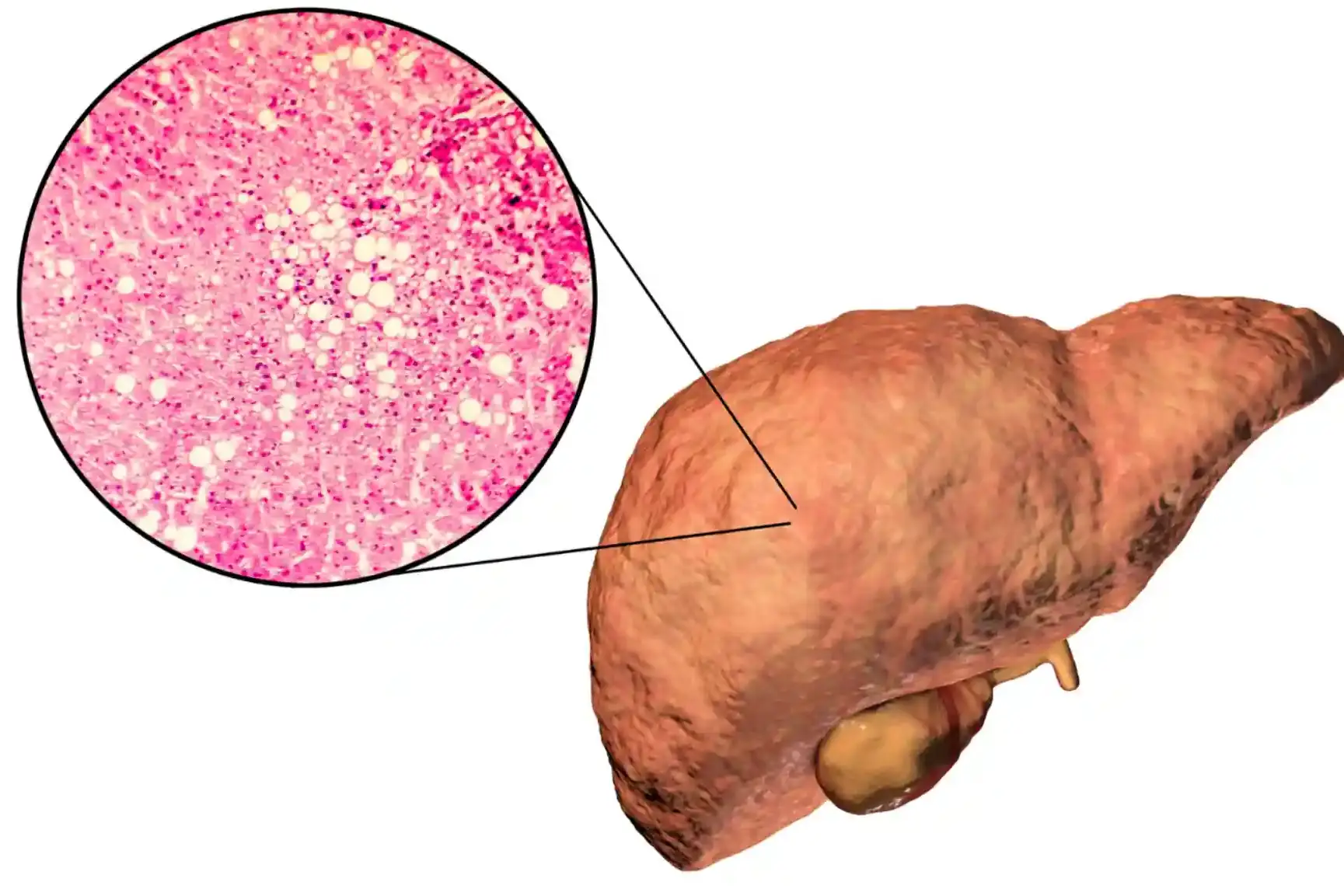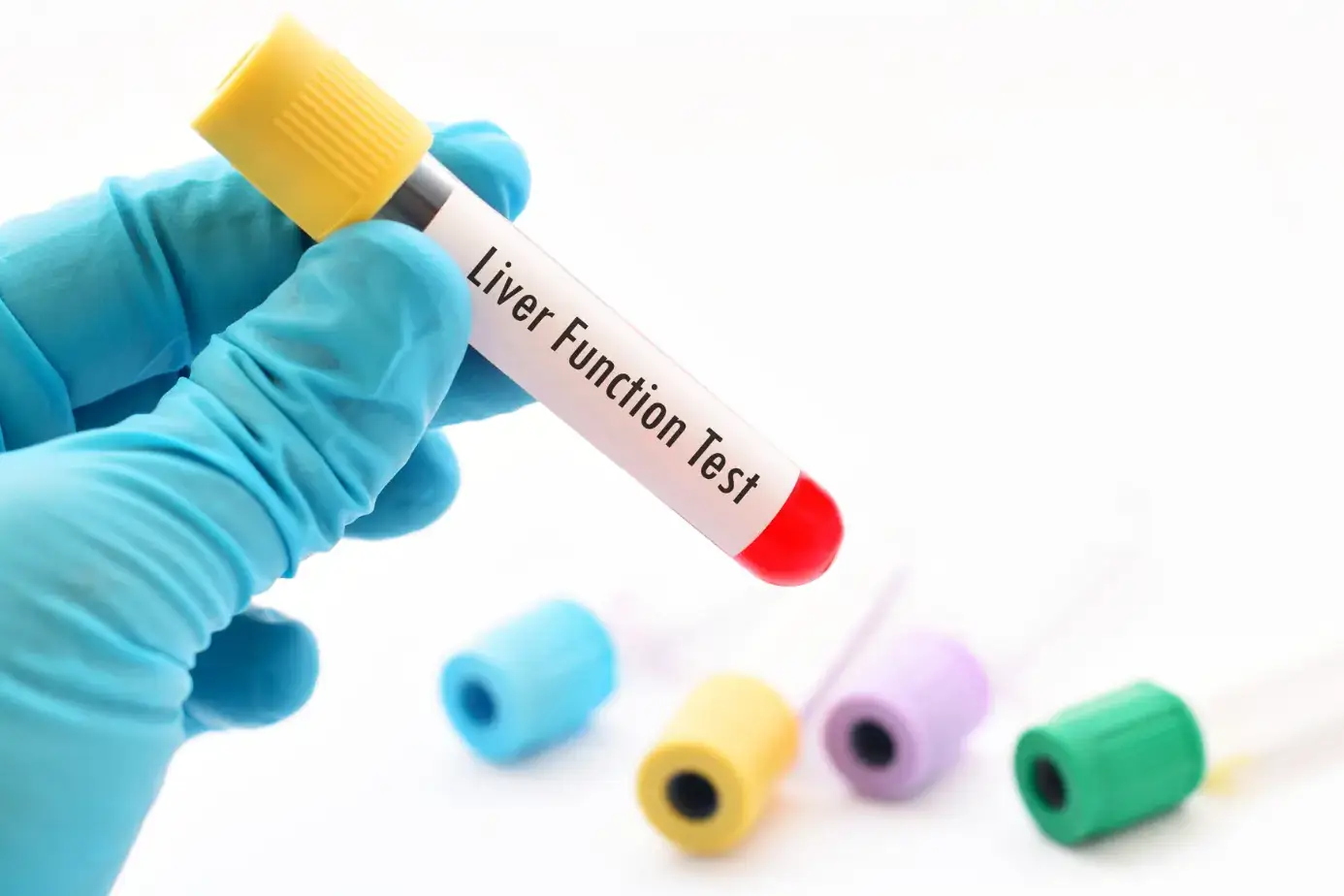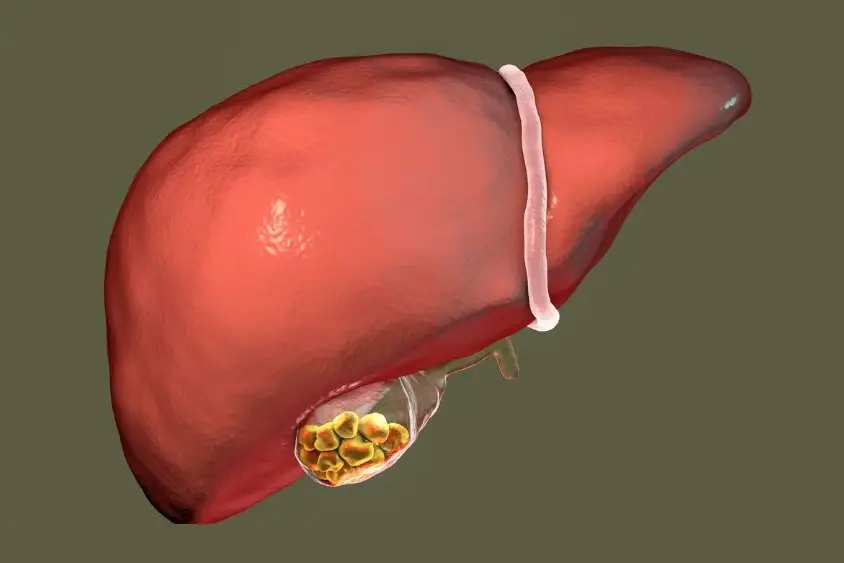Diarrhoea, a disorder that many of us have faced at least once in life, is a condition where one experiences loose, watery stools that occur more than once a day. Diarrhoea is caused by a virus or after consuming contaminated food. In most cases, diarrhoea gets cured within a few days or weeks naturally, or by diarrhoea medicine, on the other hand, chronic diarrhoea is a digestive condition that persists for a long duration of time.
Chronic Diarrhoea Meaning
Most people have experienced diarrhoea at least once in their lifetime. Chronic Diarrhoea is a medical condition, and regular diarrhoea duration is more than four weeks. Chronic Diarrhoea needs to be treated in time, or else things may get critical, especially for those who have a weak immune system.
Chronic Diarrhoea Causes
There are several reasons one may have diarrhoea such as virus, lactose intolerances, food poisoning, etc. However, chronic diarrhoea is more of a severe condition caused by infections, or underlying conditions such as irritable bowel syndrome, malabsorption disorders, etc. Some of the chronic Diarrhoea factors are –
- Irritable Bowel Syndrome – Irritable bowel syndrome (IBS) is one of the most common conditions that lead to chronic diarrhoea. Here the large intestine is affected, and one may experience cramping, bloating, constipation, etc. The leading cause of this disorder is usually an infection.
- Infections – Many times, an intestinal infection caused by a virus or a parasite can lead to chronic diarrhoea. Living in unhygienic conditions or consumption of polluted water, etc. can lead to this condition. Infections can also develop after consuming unpasteurised or raw milk, or contaminated food and water.
- Inflammatory conditions – Inflammatory conditions or Inflammatory bowel disease (IBD) are diseases that affect the gastrointestinal tract. Here, the parts of the GI tract are inflamed, which then leads to chronic diarrhoea. Two of the most common conditions are- ulcerative colitis (tiny sores on the lining of your colon) and Crohn’s disease (affects the small intestine and colon). Some of IBD symptoms are – stomach ache and cramps, blood in stools, fatigue, nausea, fever, etc. One needs to get their stools sampled if they face the symptoms over a long time.
- Alcohol abuse – Binge drinking or heavy drinking can cause some severe harm to your health. One of the ill effects of alcohol abuse is chronic diarrhoea. Alcoholism damages your digestive system and thus leads to an upset stomach.
- Excessive caffeine intake- Just as alcohol, excessive caffeine intake can be harmful to your health. Avoid having products that have high levels of caffeine or lower the consumption, to avoid disorders.
- Celiac Disease – Gluten sensitivity or celiac disease is the intolerance to a protein, generally found in wheat, barley and rye. Some of the symptoms are heartburns, fat in stool, indigestion, bloating, fatigue etc. If you have a gluten allergy, you should find some other food alternatives such as chia flour, oats flour, chickpeas, etc.
- Herbs – While this is not that common, however, sometimes one may have reactions to herbs. This is because herbal teas and herbal remedies have natural laxatives. If you are using several herbal products at the same time, then you may face some problems. Hence, you should consult an expert and stop the usage of herbal products.
- Medications – At times, some medicines can have adverse effects on your health. Medications such as NSAIDs, antibiotics such as cefpodoxime, amoxicillin, ampicillin, etc., antidepressants, serotonin, antacids, laxatives, and drugs from chemotherapy, etc. can cause harm to you and worsen the symptoms of chronic diarrhoea.
Chronic Diarrhoea Symptoms
One of the main symptoms of chronic diarrhoea is loose and watery stools for a prolonged period. You must seek treatment from the best gastroenterologist if you face the following symptoms-
Chronic Diarrhoea Treatment and diagnosis
This disorder is usually detected with stool samples and blood tests. However, your doctor may recommend a CT scan or ultrasound if you have bloody stools.
Depending upon the underlying cause of your disease, your doctor will prescribe you some medications. For a short term recovery, you may be suggested some antibiotics. Some codeine-containing medicines will help in reducing the loose motions.
It is also essential to make some lifestyle changes that will help you recover from this debilitating condition, along with medications. Avoid alcoholic beverages, drugs, caffeine products, etc. Eat foods in small proportions and more fruits, vegetables, low fibre foods, etc. Keep yourself hydrated, and drink clear fluids to avoid dehydration. You can seek guidance from an expert for a more personalised dietary plan.
Chronic Diarrhoea Prevention
Prevention is better than cure. Hence, one should take preventive measures to avoid chronic diarrhoea. One of the leading causes of diarrhoea is contaminated food and water. Thus, use potable drinking water and maintain hygiene. With the right care, one can always prevent the spread of diarrhoea.
Also Read:
About The Author

Medically reviewed by Dr. Nivedita Pandey, MD, DM (Gastroenterology)
Dr. Nivedita Pandey is a U.S.-trained gastroenterologist and hepatologist with extensive experience in diagnosing and treating liver diseases and gastrointestinal disorders. She specializes in liver enzyme abnormalities, fatty liver disease, hepatitis, cirrhosis, and digestive health.
All content is reviewed for medical accuracy and aligned with current clinical guidelines.





